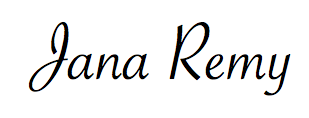
One of my favorite guilty pleasures is perusing the poetry and interviews in The Paris Review. I don’t remember how or why I began reading it, but once I did I was hooked. Recently I was going through some poetry in the online archives and came across this interview with writer Shirley Hazzard. I especially enjoy what she says about poetry:
Poetry has been the longest pleasure of my life. It literally and figuratively saved my life, and enabled me to live inwardly. I do not know how people manage without it…
Vladimir Nabokov told his American students that they must saturate themselves in the poetry of their language, poetry in English, in order to develop the ear. This seems to me the most valuable advice one could give to readers or writers. Of course, he did not mean that this should be done with a “purpose” in mind, as if to exploit the power and beauty of great art. Accessibility to expressive language will not come that way. It is an act of love, with implicit humility, and must develop itself. So much of this is intuitive, and intuition itself must be developed from an early age if it is not to languish. Our era of interpretations and explanations and the piling up of convoluted lingo in the academic world–the self-gratification of many a “close reading,” the psycho-sociological overlaying and, often, undermining that commentators apply to works of genius–has been inimical to the nurturing of intuitive affinity and understanding. Much of that arises, I think, from a modern fear of immediacy and of the loss of the illusion of control. Housman’s reference to the hairs rising at the back of one’s neck as one reads a poem remains a test of quality. Such response is individual and cannot merely be generalized, dismantled, controlled.
I love that feeling of “the hairs rising at the back of one’s neck” from poetry. I know that sensation all too well. And it’s what keeps me coming back for more.



